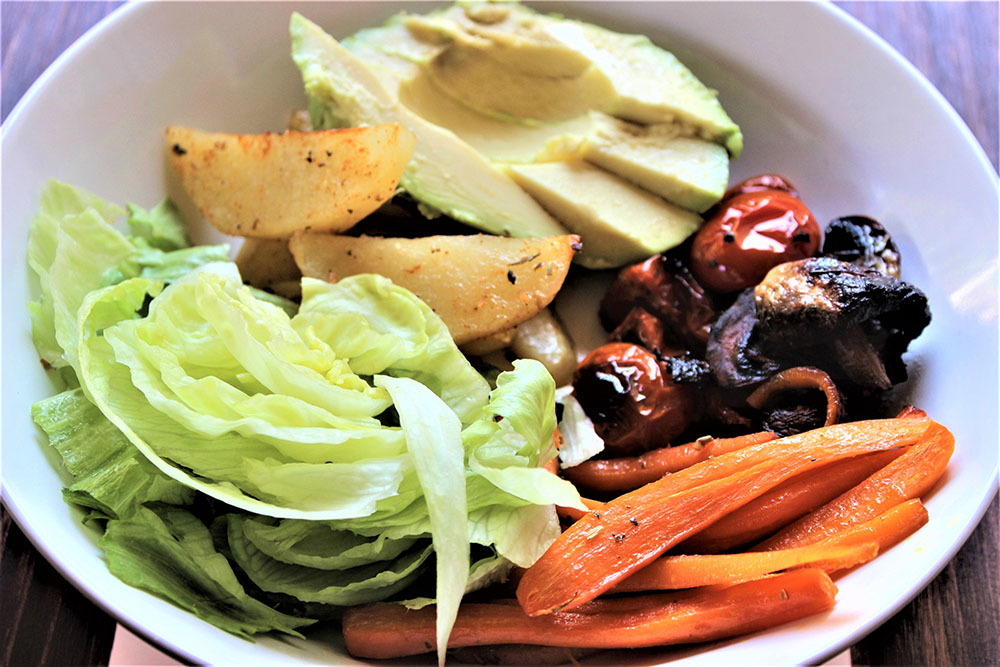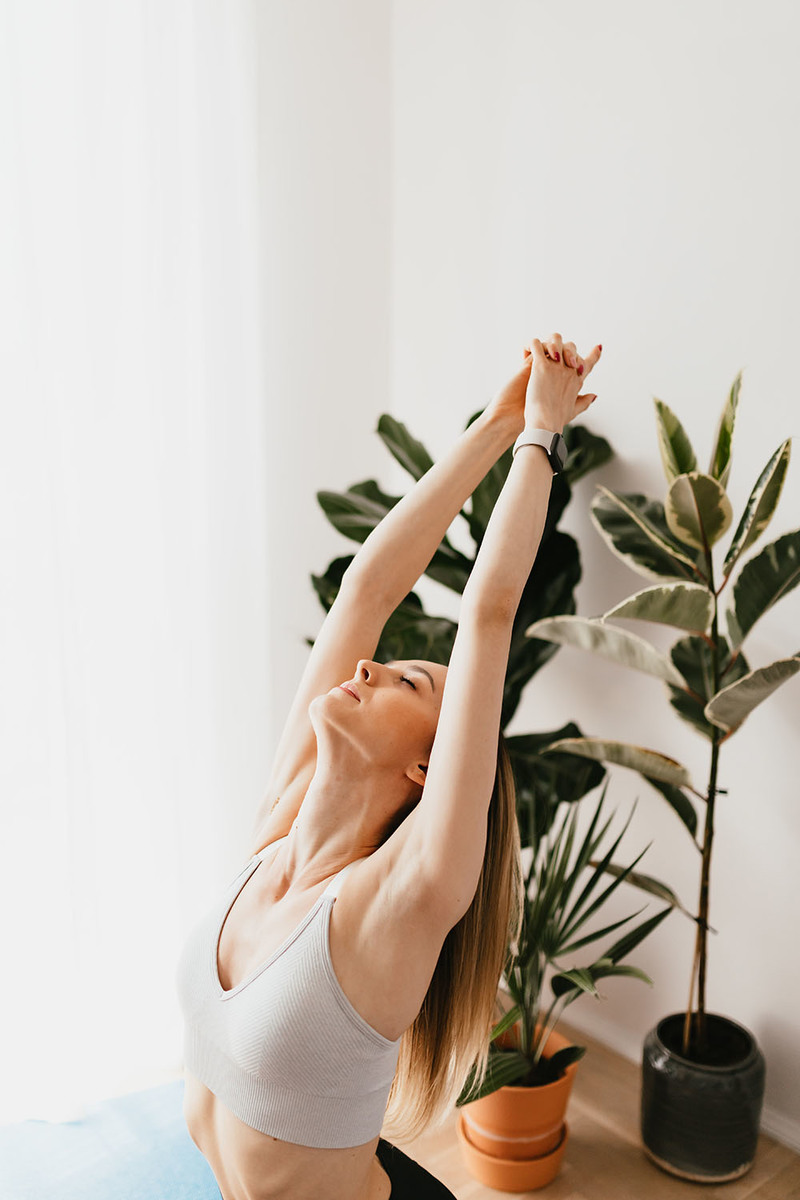
Boost Your Health This Winter- Your Virtual Survival Kit
Be proactive in trying to prevent illness.
Winter is a season of crisp, frosty mornings and cosy nights in, but it’s also synonymous with coughs, colds and flu. In the winter months, it’s always a good idea to be proactive in trying to prevent illness, but this year, it’s more crucial than ever to try and boost your health. In this guide, we’ll provide a virtual survival kit to help you navigate the difficult months ahead and stay fit, healthy and happy.
Replacing dieting with a healthy diet

The word diet is enough to make many of us roll our eyes and conjure up images of bowls of green soup and plates of leaves. As a society, we have become so obsessed with body image and weight that we’ve lost sight of the importance of eating well. Instead of focusing on losing weight and dropping pounds, replace dieting with a healthy diet this winter. The primary aim should be to improve nutrition. If you do want to lose weight, the best way to achieve sustainable results and boost your health at the same time is to combine regular exercise with a healthy eating plan. Keep an eye on calorie count and portion sizes, but devote your energy to planning meals that have nutritional value. Up your intake of fibre, fruit and vegetables and whole grains, reduce your intake of sugar and saturated fats and try to have fun in the kitchen. You don’t have to survive on salads to be healthy. There are all kinds of nutritious meals you can rustle up, which provide health benefits, as well as a pleasurable experience for your taste buds. There’s also nothing wrong with enjoying the odd treat. If you banish everything you love from your diet, you’ll end up craving snacks, treats and indulgent meals. Allowing yourself a piece of cake or a pizza at the weekend can help to motivate you and keep you on track.
Increasing activity levels

You only have to look at social media to see that some people have fully embraced staying at home and used the extra time they have available to master the art of home workouts. This is great news, but studies show that most people have actually become less active during the pandemic. If you’re one of those that hasn’t yet jumped on the bandwagon, it’s not too late! You don’t have to go all-out and post workouts or crazy yoga positions on Instagram, but there is a lot to be gained from being more active. Aim to increase activity levels. Experts recommend 150 minutes of moderate exercise per week. This can include everything from going for a stroll with your dog or riding your bike to doing Pilates in the living room or jogging around the park. Get into the habit of exercising regularly and make it part of your routine. Try different activities and search for sports or hobbies that you find fun. Being active is brilliant for your physical health, but you should also notice that it gives your mental wellbeing a boost. Working out or even going for a leisurely walk outside can increase energy levels, reduce stress and help you clear your mind.
Reducing risks

It’s impossible to avoid headlines, adverts and billboards encouraging us to take steps to reduce the risk of contracting and spreading Covid-19. This winter, take expert advice on board. Wash your hands thoroughly with hand wash from brands like Dettol, wipe down surfaces with disinfectant and maintain a safe distance from others if you go out. Wear a mask, avoid indoor spaces if at all possible and throw away used tissues. These measures will help to protect you against Covid-19, as well as other illnesses, such as colds and flu.
Be happy

At a time like this, it's more challenging than ever to keep a smile on your face, but there are ways to protect your mental health and to feel happier and more relaxed. One of the best things to do is devote more time to activities or hobbies that uplift you or help you to feel calm. From painting or drawing to writing, cooking, jogging, yoga and meditation, it’s important to make time to unwind and have fun. It’s also vital to recognise signs of stress and anxiety and to use self-help techniques to try and reduce the severity of symptoms. Reach out and connect with friends and family members and don’t put too much pressure on yourself. If you feel like you need a day to rest and lounge around, there’s nothing wrong with having a break. You don’t have to learn a new language, bake a cake, volunteer for a charity or complete a virtual marathon on the treadmill every single day.
Getting enough sleep

More and more people are experiencing sleep troubles. Sleepless nights can take their toll on physical and mental wellbeing. It’s normal to have the odd restless night, but if you’re finding it difficult to get to sleep every evening, or you’ve become accustomed to staring at the time on the clock in the early hours, it’s wise to address the issue. One of the best ways to improve sleep quality is to adopt a routine. In the evening, take time to relax and prepare your body and mind for sleep. Read a book, chat to friends, watch TV or run a bath and listen to a chilled playlist. Get into bed at the same time every night and set your alarm for the same time each morning. This will help your body clock adjust. Don’t scroll through social media late at night or start checking emails when you get into bed. Your bedroom should be a tech-free haven, which makes you feel relaxed.
It can be challenging to protect your health at the best of times, but during a pandemic, it’s particularly difficult. This winter, try to be proactive and take steps to shield your mental wellbeing and boost physical health. Eat well, get plenty of rest, take time out to have fun and relax, increase your activity levels and nourish your body with healthy, delicious food.











